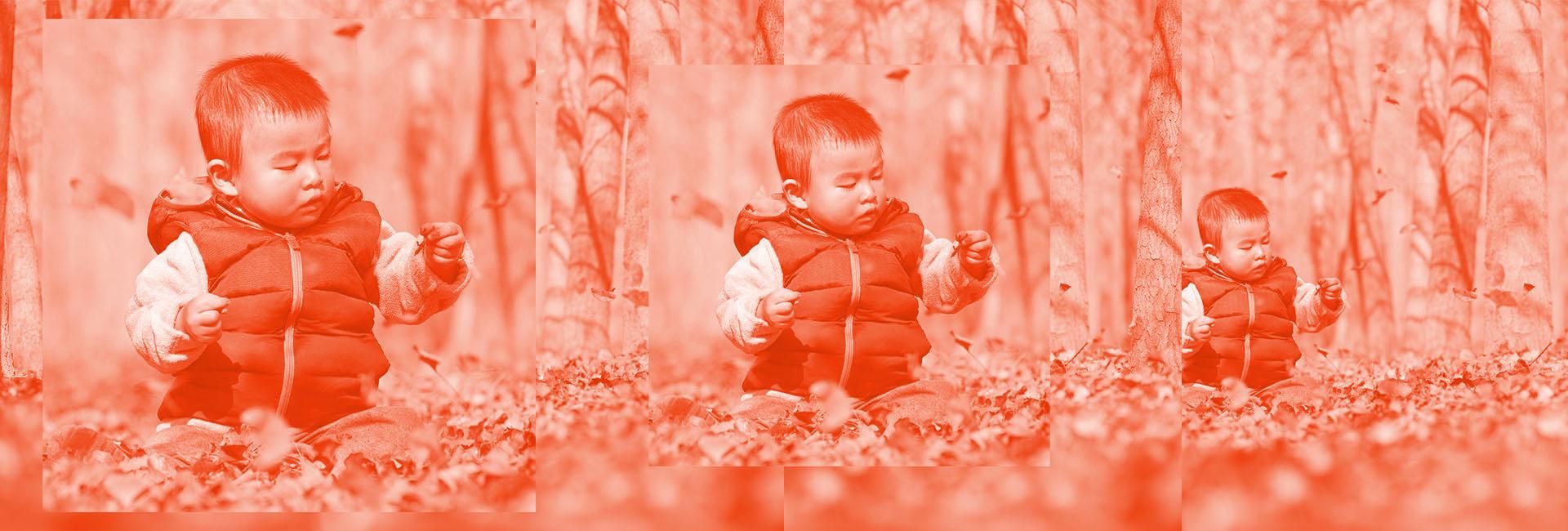Charriot Zhai
Charriot is studying for a Master's degree in journalism at UNSW. He is an avid fan of Julian Assange; and although he dreams of becoming a war correspondent, his greatest wish is for world peace.

Charriot is studying for a Master's degree in journalism at UNSW. He is an avid fan of Julian Assange; and although he dreams of becoming a war correspondent, his greatest wish is for world peace.

The first in a two-part series on China's three-child policy.
The latest census data from China, the world's most populous country, has revealed it is falling into the trap of low fertility. In response, the Chinese Government announced, on May 31, a new three-child policy, which effectively bins the restrictive birth policy that has shaped the country for the past half century.
For many young Chinese couples, the number of children they will have is shaped by the expenses they cannot avoid, such as the cost of housing, university tuition fees and caring for elderly relatives. In 2016, the government eased the one-child restriction to two. The country's seventh census, published by the National Bureau of Statistics of China in 2020, shows that in the past decade, China's total fertility rate has fallen to 1.3 births, the lowest level since 1949. The fertility rate was 2.8 births in 1979 ahead of the introduction of the one-child policy.
With confirmation of the census data by China's official Xinhua news agency, factory owners have expressed concern there will not be enough labor, local councils that there will not be enough taxpayers and generals that there will not be enough recruits for the People's Liberation Army.
So, almost all Chinese citizens can see the benefit and look forward to more newborns, all that is, except the young couples who must have the babies, because they will pay the price.
"I like children very much, but my wallet doesn't think so. Probably I will support six family members after I get married. Do you think my salary is still enough to raising multiple children?" said Chai, a student at Changchun University of Science and Technology, who only gave his family name. As an only child, he is responsible for supporting his parents and even his grandparents alone after graduation, so raising multiple children is an unrealistic plan for his income level.
Moreover, with the life expectancy of the elderly rising, millennials are already struggling to escape the longterm aftershocks of the one-child policy.
Jinxing Zhao owns a successful consulting firm. His apartment, located in the centre of Shanghai, is worth more than 10 million RMB ($2.06 million). Although he has sufficient funds, having a third child is still a difficult choice for him. Raising children requires not only money but also companionship and mutual understanding, and he travels frequently for work.
"The reason I [had] my second child is to ensure my first child does not feel lonely, then what is the necessity to get the third child?" he asked rhetorically, while, at the same time, he opened the online English teaching software for his son. Zhao, who has a Master of Commerce degree from the University of Manila and speaks English fluently, does not have time to teach his children personally. Even on weekends, his clients expect his time via video conference.
In the past, there have been fines for having more than one or two children. In 2014, with the one-child policy still in effect, Chinanews.com reported film director Zhang Yimou was allowed to raise his third child by paying a 7.48 million RMB fine. However, when the three-child policy replaced the one-child policy this year, Zhang and his wife, who completed the three-child task ahead of the government's schedule, did not receive any refund from the government.
Despite the one-child policy, the wealthiest people, who could afford to pay huge fines, enjoyed the privilege of forming a large family. Now, in theory, this new three-child policy closes the gap between the rich and the poor in China but it is little more than a fig leaf. When young Chinese couples could afford the expense of raising multiple children, they had no rights; now they finally have permission, the cost of buying a house, tuition fees and supporting their elderly relatives has already drained their wallets.
"Ordinary people may never raise the third child," Chai said, "until they can get the bonus."